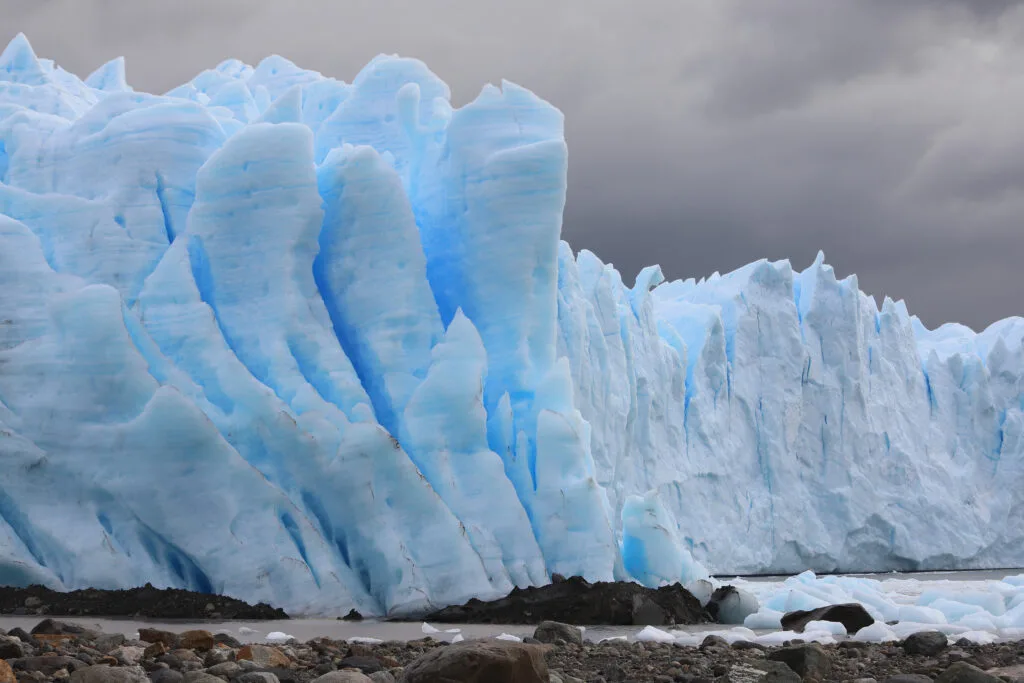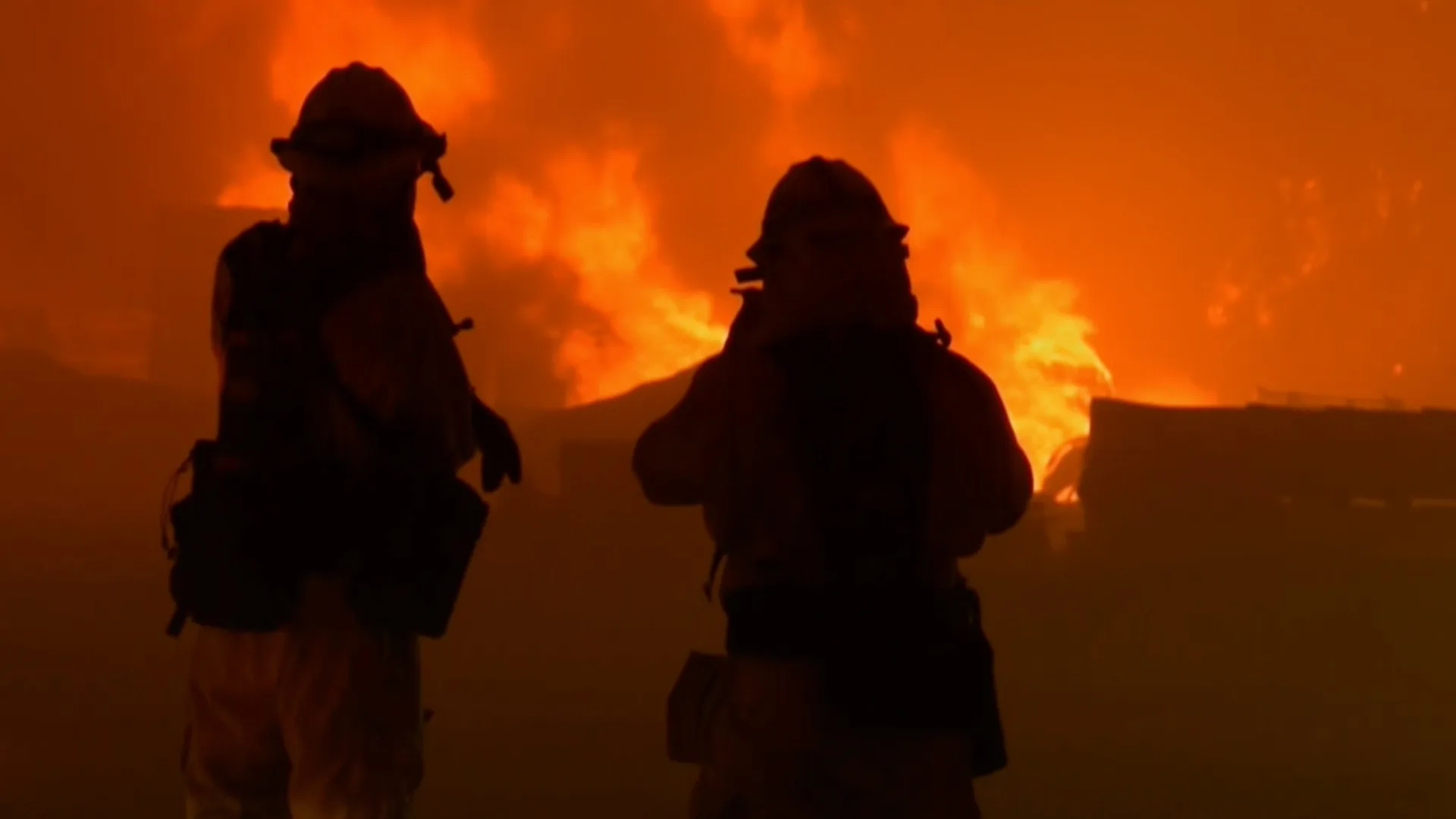Amid New Warnings on Global Warming, Revisit FRONTLINE’s Recent Climate Reporting

December 6, 2019
Share
Several weeks from now, the current decade will draw to a close having earned an alarming distinction: It’s “almost certain” to have been the warmest one in recorded history, according to a new report from the World Meteorological Organization.
Unveiled this week at the United Nations’ climate conference, the report says that this decade’s human-driven increase in temperatures is bringing with it progressively more catastrophic impacts on human health and society — including increased world hunger, and “extreme” weather events that have displaced millions of people.
“If we do not take urgent climate action now, then we are heading for a temperature increase of more than 3°C by the end of the century, with ever more harmful impacts on human wellbeing,” the WMO’s secretary-general, Petteri Taalas, said in an announcement about this year’s report.
The WMO is a UN agency focused on weather and climate. Its new findings are the latest in a cascade of dire warnings about the current and impending consequences of climate change, including a landmark report last year from the Intergovernmental Panel on Climate Change (IPCC) and a recent statement signed by 11,000 scientists declaring that the world “is facing a climate emergency.”
FRONTLINE has been reporting on the threat of climate change for years, and across platforms. Learn more about the science, politics and impact of climate change in five of our most recent projects involving the subject — an award-winning digital interactive film about children living in an island nation that’s threatened by rising seas; a documentary examining the political and business forces shaping America’s climate policies; a film on California’s deadliest-ever wildfire that examines the role of climate change; a 360-degree documentary that transports you to Greenland’s melting glaciers; and a text investigation on efforts by climate change skeptics to influence how the subject is taught in school.
1. The Last Generation (2018)

2. Fire in Paradise (2019)
As it unspools the events surrounding the 2018 Camp Fire — the deadliest blaze in California state history — this documentary also examines how climate change is making wildfires bigger and more frequent. “This is not a static problem. We have a problem that’s going to grow worse inevitably over the next several decades,” says Michael Wara, Director of the Climate and Energy Policy Program at Stanford University’s Woods Institute for the Environment. “I don’t think anyone feels prepared for the kind of catastrophe that is possible now.”
3. War on the EPA (2017)
Since President Donald Trump took office, the Environmental Protection Agency (EPA) has sought to delay or roll back environmental regulations involving everything from coal-fired and natural-gas power plants, to oil and gas wells, to landfills and vehicle emissions. This documentary examines how combating perceived federal overreach by the EPA became a popular conservative cause, and how now-former EPA head Scott Pruitt went from fighting the agency to running it. The film also unpacks the events that led up to the Trump administration’s withdrawal from the Paris climate agreement, and explores the outsize role a coal magnate played in shaping the Trump EPA’s agenda.
4. Greenland Melting (2018)
For centuries, the enormous ice sheet covering the Arctic island of Greenland has been relatively stable. But over roughly the past decade and a half, Greenland’s glaciers have been melting much faster than expected. Why — and what does it mean for the rest of the world? Follow a team of NASA scientists as they try to find out, in this 360-degree documentary from FRONTLINE, NOVA, Emblematic Group, X-Rez Studio and Realtra.
5. Climate Change in the Classroom
In 2017, FRONTLINE and The GroundTruth Project broke the story that the Heartland Institute, a libertarian think tank that rejects the scientific consensus on climate change, was seeking to influence some 200,000 K-12 public school teachers by mailing them textbooks, DVDs, and other materials rejecting the human role in climate change and arguing instead that rising temperatures have been caused primarily by natural phenomena. Learn about the group’s effort — and the responses and reactions it spurred – in a series of stories by reporter Katie Worth.

Latest Documentaries
Related Stories
Related Stories
Explore
Policies
Teacher Center
Funding for FRONTLINE is provided through the support of PBS viewers and by the Corporation for Public Broadcasting, with major support from Ford Foundation. Additional funding is provided the Abrams Foundation, Park Foundation, John D. and Catherine T. MacArthur Foundation, Heising-Simons Foundation, and the FRONTLINE Trust, with major support from Jon and Jo Ann Hagler on behalf of the Jon L. Hagler Foundation, and additional support from Koo and Patricia Yuen. FRONTLINE is a registered trademark of WGBH Educational Foundation. Web Site Copyright ©1995-2025 WGBH Educational Foundation. PBS is a 501(c)(3) not-for-profit organization.






















